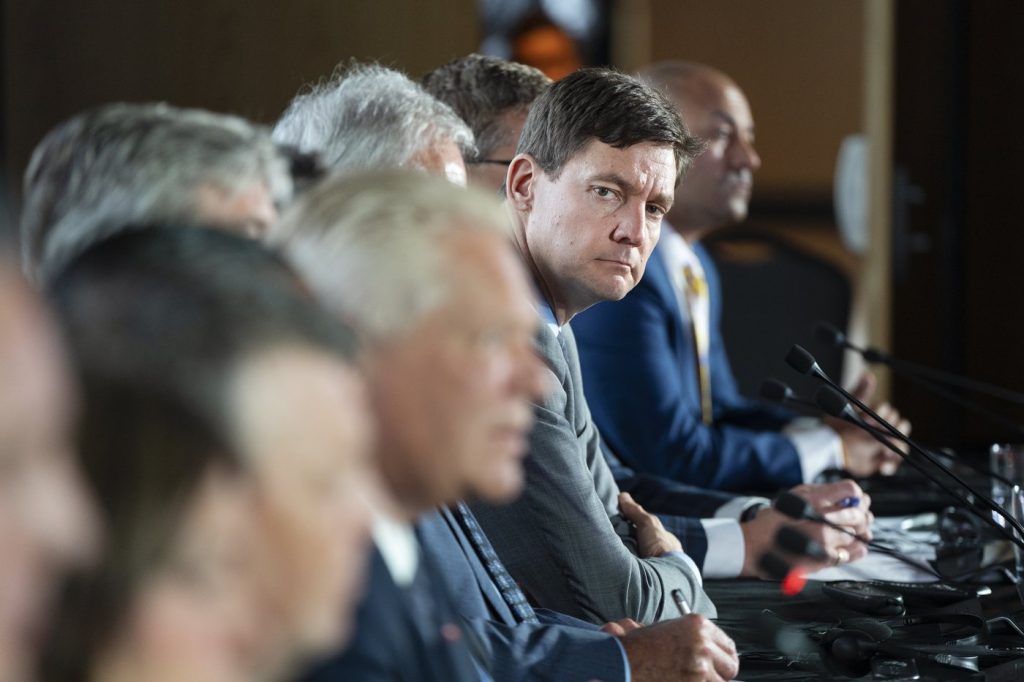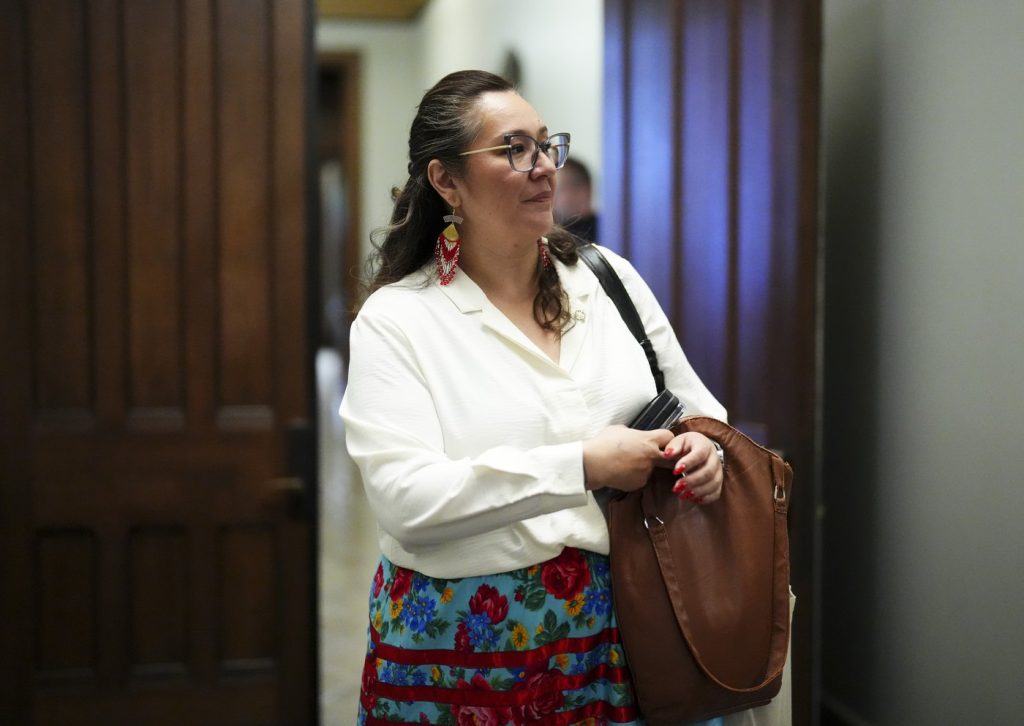British Columbia Premier David Eby has firmly stated that he will not support a new oil pipeline project traversing the province, contradicting Ontario Premier Doug Ford's recent remarks suggesting that Eby might reconsider his position. Eby emphasized that the existing publicly-owned Trans Mountain Expansion (TMX) pipeline is already operational in British Columbia and reiterated that the province is not in favor of lifting the ban on oil tankers along the northern coast of British Columbia.
In response to Ford’s comments made on Monday, Eby articulated that it is not within his duties to inform Ford about the "extremely unlikely" prospects of constructing a tunnel beneath Toronto's Highway 401. He also pointed out that Alberta Premier Danielle Smith’s aspirations for a pipeline linking Alberta to northern British Columbia are "many, many years off" and lack any current proponent. Eby’s focus remains on safeguarding the interests of British Columbia by prioritizing "shovel-ready" projects that can enhance the local economy.
Ford voiced his confidence before a meeting of the premiers and Prime Minister Mark Carney, suggesting that he believed Eby and Carney could reach a consensus on the proposed second pipeline. This statement highlighted Ford's proactive stance on energy infrastructure discussions amidst interprovincial negotiations.
While actively engaging in a 10-day trade mission in Asia, with specific references to Osaka, Japan, Premier Eby was unable to attend the meeting in Saskatoon where deputy premier Niki Sharma represented British Columbia. This situation exemplifies the ongoing dialogues between Canadian provinces, especially concerning energy transportation and environmental safety in the context of future infrastructure developments.
The discussions surrounding the TMX pipeline and other potential oil transport avenues continue to be a significant point of contention among provincial leaders, reflecting broader issues of energy policy, economic opportunity, and ecological responsibility within Canada. As a result, the dialogue between provinces such as British Columbia and Alberta reflects the complexities involved in balancing local interests with broader national economic strategies.
This instance of interaction between the provincial leaders demonstrates how intricately linked their decisions are with environmental concerns and the economic implications that accompany major infrastructure projects such as pipelines. Eby’s staunch refusal underscores British Columbia's commitment to maintaining its environmental policies, which could impact future negotiations on energy-related projects across Canada.












